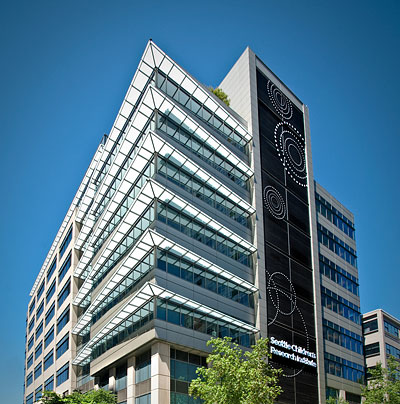Las-independent RhlR quorum sensing in cystic fibrosis Pseudomonas aeruginosa infections
Fellow: Kyle Asfahl, PhD
Pulmonary and Critical Care Medicine
Mentor: Ajai Dandekar, MD, PhD
Assistant Professor, Pulmonary and Critical Care
In patients with the genetic disease cystic fibrosis (CF), bacterial infections involving the opportunistic pathogen Pseudomonas aeruginosa often complicate treatment, leading to significantly increased morbidity and mortality. P. aeruginosa virulence is largely regulated through a cell-cell signaling mechanism termed quorum sensing (QS). Typical QS consists of a LuxI-type signal synthase producing a diffusible acylhomoserine lactone (AHL) signal, which binds a cognate LuxR-type receptor-regulator that activates transcription of target genes. In laboratory strains and conditions, P. aeruginosa employs two AHL synthase/receptor pairs arranged in a hierarchy, with the LasI/R system controlling the typically subordinate RhlI/R system and many downstream virulence factors. Cryptically, P. aeruginosa isolates with mutations in LasR are frequently isolated from chronic CF infections and are associated with attenuated virulence phenotypes. Recent evidence has revealed that many of these chronic isolates still employ AHL QS, but with the RhlI/R system implicated in control of virulence gene expression. The experiments described in this proposal will systematically examine the scope and dynamics of Las-independent Rhl QS in P. aeruginosa using a global transcriptomics approach complemented with mutational, phenotypic, and biochemical analysis. We will investigate the regulatory shift from Las to Rhl QS in isolates that span the spectrum of QS genotypes characteristic of chronic CF infection. Our results will allow refocusing of therapeutic strategies, thereby contributing to improved clinical outcomes and prolonged life of patients with CF.

 Cystic Fibrosis Research
Cystic Fibrosis Research